Starting at $669, the OnePlus 7 Pro is the most expensive device the Chinese startup has released. It is a great deal for what we would consider a high-end 2019 device, and you can read more about it in our full OnePlus 7 Pro review. Today, we are here to look at something OnePlus sadly hasn't been praised for in the past: camera quality.
The good news is OnePlus enters a different league with this device. The OnePlus 7 Pro adopts advanced features like a triple-camera configuration, pixel binning, and an elevating selfie shooter.
We didn't walk into this review expecting this smartphone to compete with camera champions, but we did hope the nicer camera spec sheet would translate to an experience at least a little better than average. Let's dig into this OnePlus 7 Pro camera review and find out it OnePlus truly upped its game.
OnePlus 7 Pro camera specs
Rear cameras:
- Standard: Sony IMX586 48MP camera
- f/1.6 aperture
- 0.8µm/48M; 1.6µm (4 in 1)/12M pixel size
- OIS/EIS stabilization
- Telephoto: 8MP camera
- f/2.4 aperture
- 1.0µm pixel size
- 3x optical zoom
- OIS stabilization
- Ultra wide-angle: 16MP camera
- f/2.2 aperture
- 117-degree field of view
- Dual LED flash
- Multi autofocus (PDAF+LAF+CAF)
- Video: 4K at 30/60fps, 1080p at 30/60/240fps, 720p at 480fps
- Features: Time-lapse, video editor, ultrashot, nightscape, studio lighting, portrait, pro mode, panorama, HDR, AI scene detection, RAW image support
Front camera:
- Sony IMX471 16MP camera
- f/2.0 aperture
- 1.0µm pixel size
- Video: 1080p at 30fps
- Features: Time-lapse, face unlock, HDR, screen flash, face retouching, portrait
OnePlus 7 Pro camera app
#gallery-1 { margin: auto; } #gallery-1 .gallery-item { float: left; margin-top: 10px; text-align: center; width: 25%; } #gallery-1 img { border: 2px solid #cfcfcf; } #gallery-1 .gallery-caption { margin-left: 0; } /* see gallery_shortcode() in wp-includes/media.php */OnePlus tends to stay very true to Google's design language, which is made for the average consumer. Google's camera app is so simple that more advanced users find it lacking. There is no manual mode in the Pixel 3 series, which is a must in modern smartphone cameras. I have wondered why Google didn't just hide advanced features where they don't get in the way of its minimalist experience, yet can be found by those of us who want more control. The OnePlus 7 Pro has done exactly that.
The OnePlus 7 Pro camera app strikes the perfect balance between ease of use and advanced feature availability.
The OnePlus 7 Pro camera app strikes the perfect balance between ease of use and advanced feature availability. Launch the application and you will find the usual camera rotation, shutter, and preview buttons at the bottom. Right above these there are four simple camera modes: video, photo, portrait, and nightscape. Along the top you can find more options that alternate as you switch modes.
Where are the settings and advanced modes? We can find it all by swiping up from the bottom of the UI. Pro, time-lapse, panorama, slow-motion, and other modes will appear, along with the settings. My only complaint is that I did have to look around for a bit before finding these advanced settings, but that is also what I like about the app. It serves the camera geeks while staying out of the average Joe's way.
- Ease of use: 9.5/10
- Intuitiveness: 9.5/10
- Features: 8.5/10
- Advanced Settings: 8/10
Score: 8.9/10
Daylight
#gallery-2 { margin: auto; } #gallery-2 .gallery-item { float: left; margin-top: 10px; text-align: center; width: 50%; } #gallery-2 img { border: 2px solid #cfcfcf; } #gallery-2 .gallery-caption { margin-left: 0; } /* see gallery_shortcode() in wp-includes/media.php */Keeping ISO low and shutter speed fast is a great equation in smartphone photography. This is why daylight shots should be great coming from any modern smartphone.
The OnePlus 7 Pro produces images that are well exposed and feature good amounts of detail. Colors pop without looking artificial, and the phone did a good job displaying a bright blue sky.
It takes a special camera to pull out all the details and balance exposure correctly. The OnePlus 7 Pro is not it.
Quality drops when we start looking at dynamic range. With bright light comes harsh shadows, and it takes a special camera to pull out all the details and balance exposure correctly. Shadows in these images are very strong, almost to the point where we can't really tell what's in the shaded areas.
Score: 7/10
Color
#gallery-3 { margin: auto; } #gallery-3 .gallery-item { float: left; margin-top: 10px; text-align: center; width: 50%; } #gallery-3 img { border: 2px solid #cfcfcf; } #gallery-3 .gallery-caption { margin-left: 0; } /* see gallery_shortcode() in wp-includes/media.php */The OnePlus 7 Pro is a very well-balanced phone in terms of color. Hues are slightly saturated, making them very true to life, yet also vibrant. You can see how images pop in lively scenes like the first two, where contrasting, bright colors are abundant.
Score: 8.5/10
Detail
#gallery-4 { margin: auto; } #gallery-4 .gallery-item { float: left; margin-top: 10px; text-align: center; width: 50%; } #gallery-4 img { border: 2px solid #cfcfcf; } #gallery-4 .gallery-caption { margin-left: 0; } /* see gallery_shortcode() in wp-includes/media.php */We've seen phones do better than the OnePlus 7 Pro, but we've also seen pricer devices do worse.
I mentioned in the daylight section that detail was good, and I stand by that statement. Detail in these images is pretty good for what you are paying. There are signs of softening once you zoom in, but they are minimal.
Looking at the yarn ball photo we can see threads clearly. Zoom into the meat, cheese, and avocado in the tlayuda (Mexican dish similar to a pizza) and you can see great texture. Same applies to the salted peanuts and plant in the last two images.
We have seen phones do better, but we have also seen more expensive devices do worse.
Score: 8.5/10
Landscape
#gallery-5 { margin: auto; } #gallery-5 .gallery-item { float: left; margin-top: 10px; text-align: center; width: 50%; } #gallery-5 img { border: 2px solid #cfcfcf; } #gallery-5 .gallery-caption { margin-left: 0; } /* see gallery_shortcode() in wp-includes/media.php */The OnePlus 7 Pro has a hard time calculating light in wider scenes. The first and third images are under-exposed, colors seems more dull in all photos except the second. Dynamic range is lacking too.
Score: 6.5/10
Portrait mode / Aperture mode
#gallery-6 { margin: auto; } #gallery-6 .gallery-item { float: left; margin-top: 10px; text-align: center; width: 50%; } #gallery-6 img { border: 2px solid #cfcfcf; } #gallery-6 .gallery-caption { margin-left: 0; } /* see gallery_shortcode() in wp-includes/media.php */Portrait mode simulates the bokeh effect (blurry background). In smartphones this is usually accomplished by taking advantage of multiple cameras, which can calculate depth to separate the subject from the background. The phone can then determine what to blur and what to keep in focus.
It's a very cool effect, but a trained eye can spot issues in a second. The main one is that a phone can have trouble outlining a subject and separating it from the background/foreground. This is typically visible around my hair, but I must say the OnePlus 7 Pro didn't make mistakes as obvious.
You have to zoom in and look closer to spot irregularities. The OnePlus 7 Pro portrait mode is pretty good, but not quite a 9 yet! I don't like how it handles color and adds a weird hazy effect in two of the shots.
Score: 8.5/10
HDR
#gallery-7 { margin: auto; } #gallery-7 .gallery-item { float: left; margin-top: 10px; text-align: center; width: 50%; } #gallery-7 img { border: 2px solid #cfcfcf; } #gallery-7 .gallery-caption { margin-left: 0; } /* see gallery_shortcode() in wp-includes/media.php */The OnePlus 7 Pro doesn't stand out in a crowd of phones with great HDR.
High Dynamic Range (HDR) is used to evenly expose a frame with multiple levels of light. Traditionally, it was done by mixing multiple photos taken at different exposure levels. The end result was an image with reduced highlights, increased shadows, and an even exposure.
The OnePlus 7 Pro doesn't stand out in a crowd of phones with great HDR capabilities. The beautiful sea view out the window in the first image was completely blown out. It was a cloudy afternoon, so we can't blame harsh sunlight for it.
In the third image we can also see detail is totally lost in the shadows. The second and fourth shots did better, but the light differences also weren't as extreme in those instances.
Score: 7/10
Low-light/Nightscape
The OnePlus 7 Pro can handle lowlight photography in two ways: you can just leave the camera in auto or go with Nightscape. This mode takes multiple shots at different exposure levels and merges them to obtain a single, better image. Let's take a look at some samples and show you what Nightscape can do.
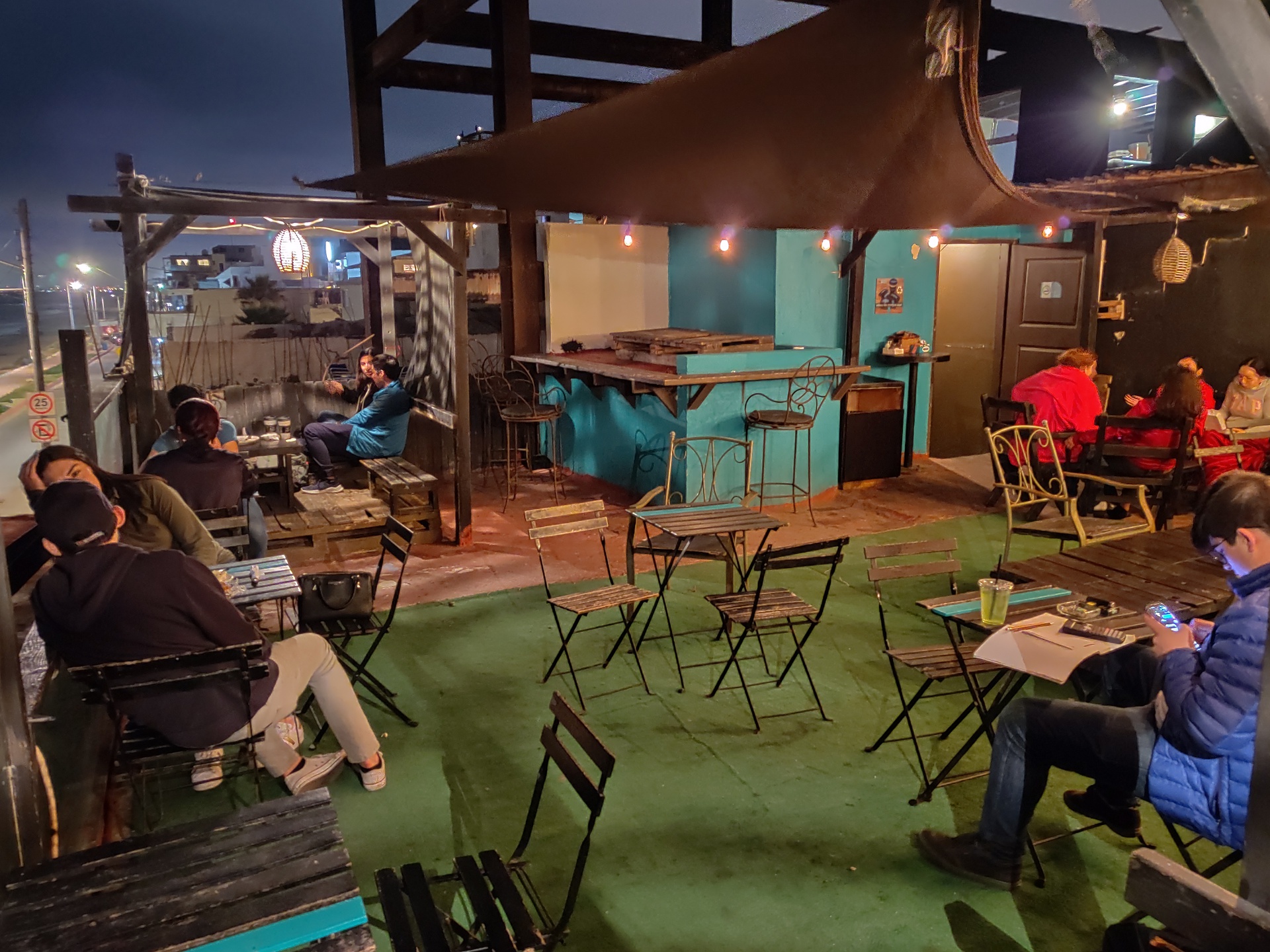 Auto Nightscape
Auto Nightscape 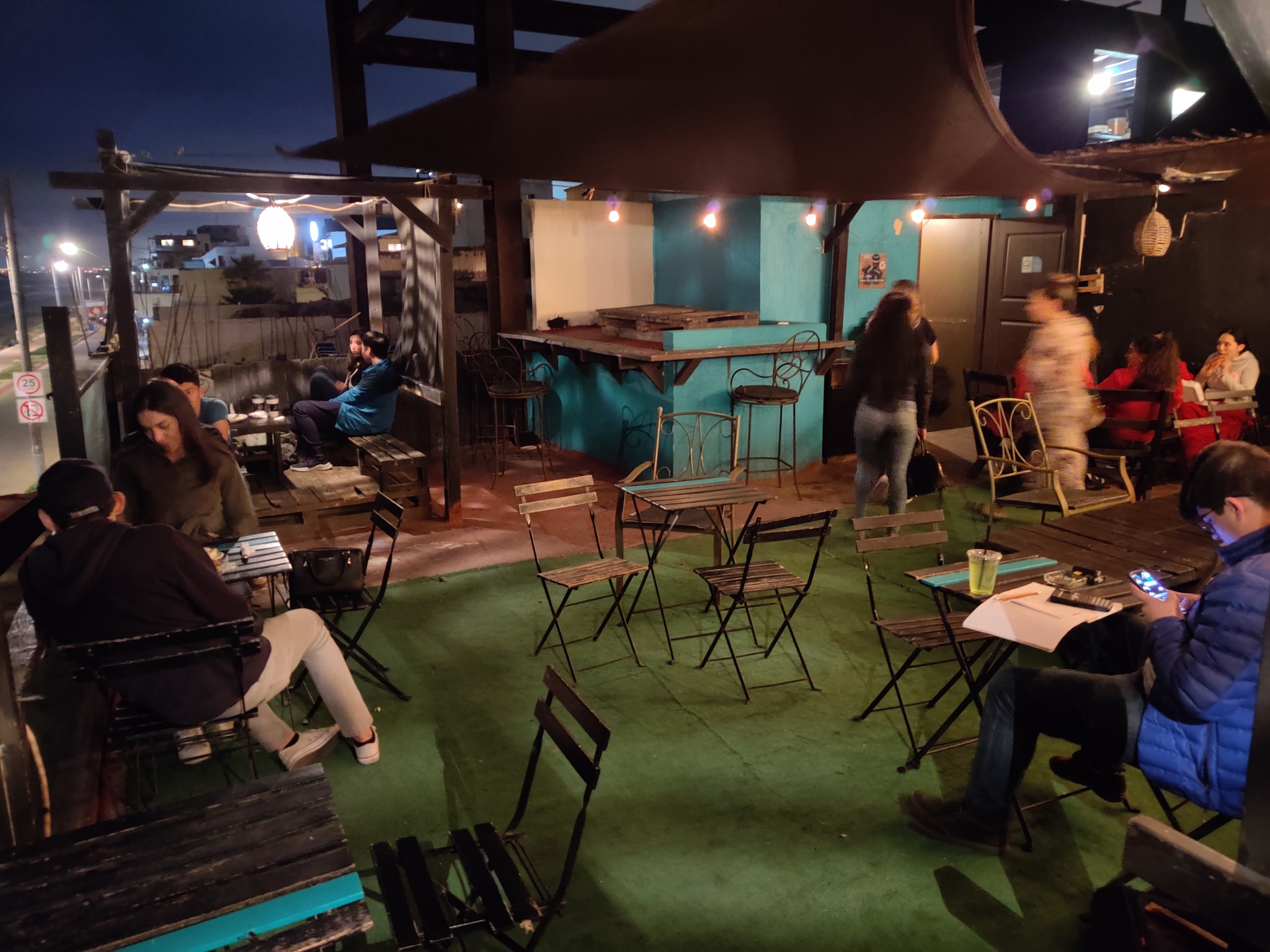
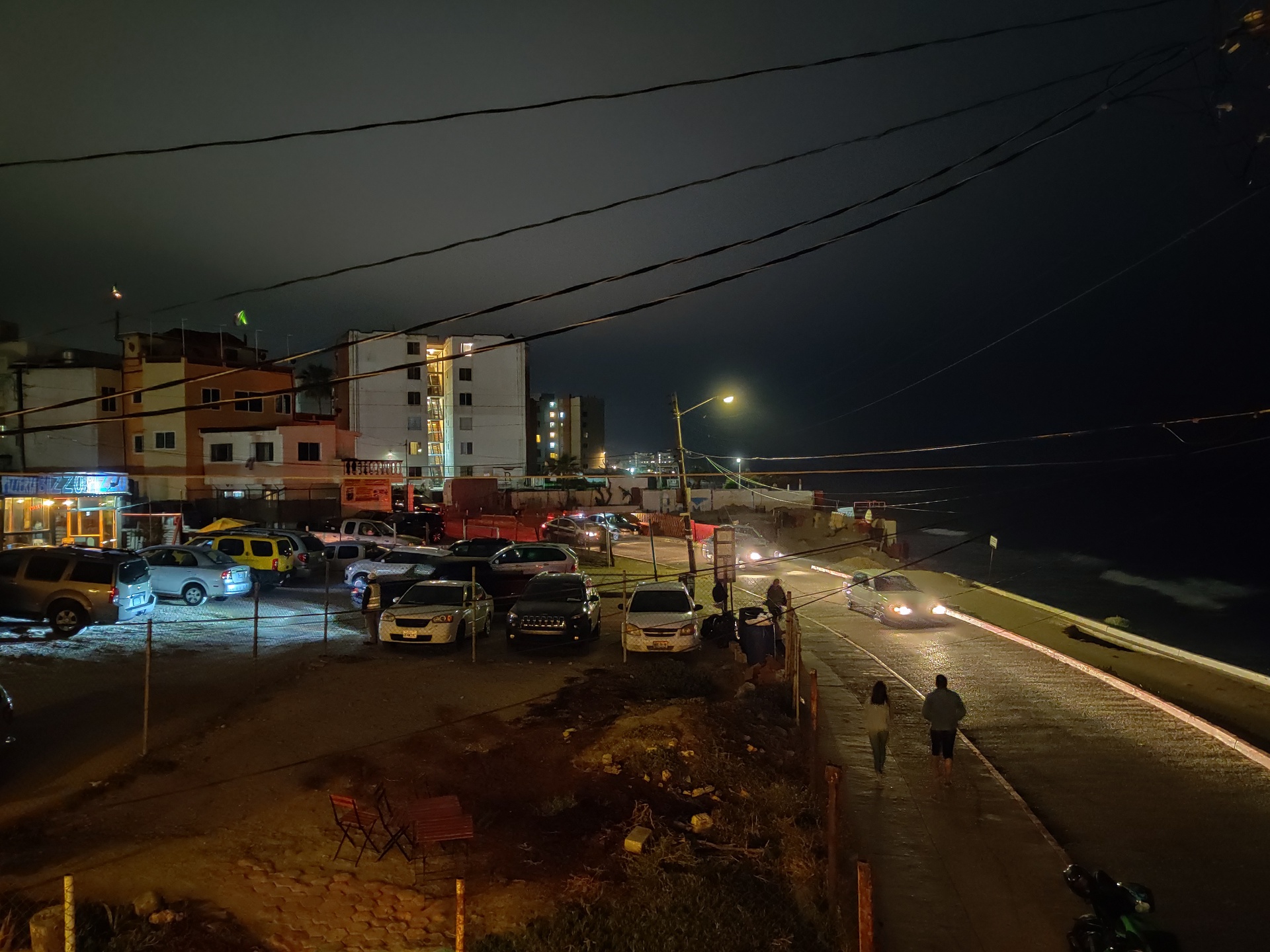 Auto Nightscape
Auto Nightscape 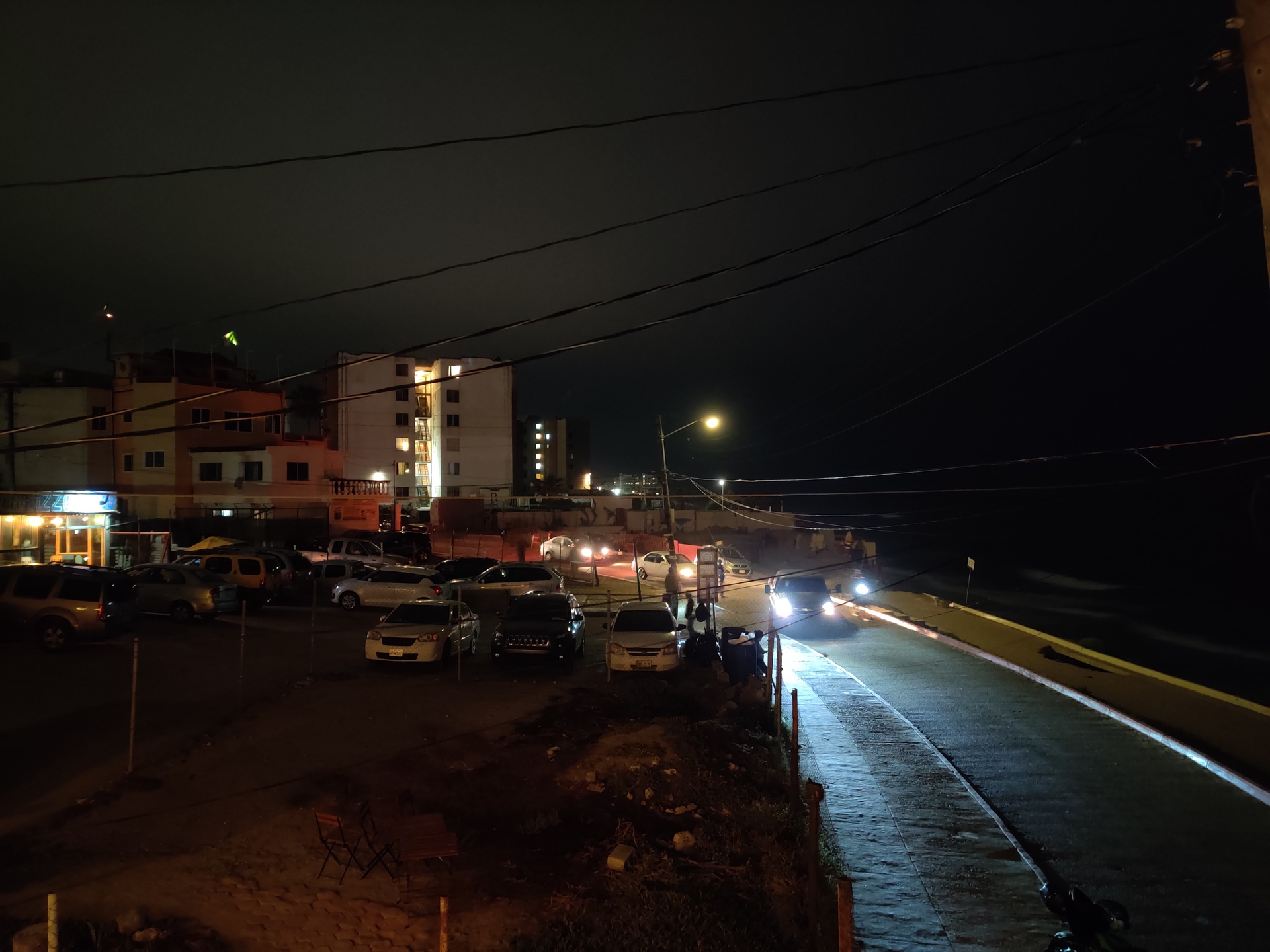
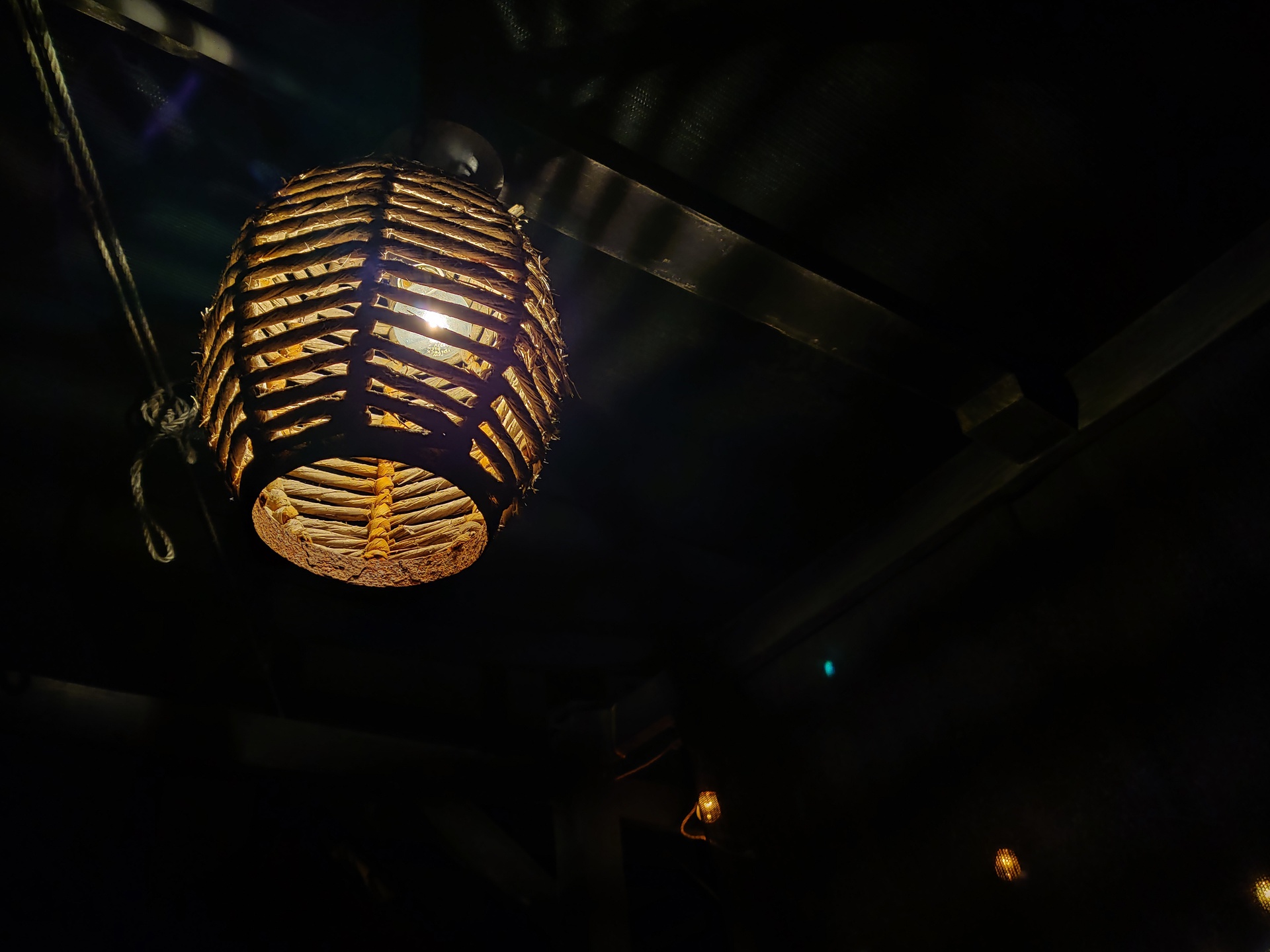 Auto Nightscape
Auto Nightscape 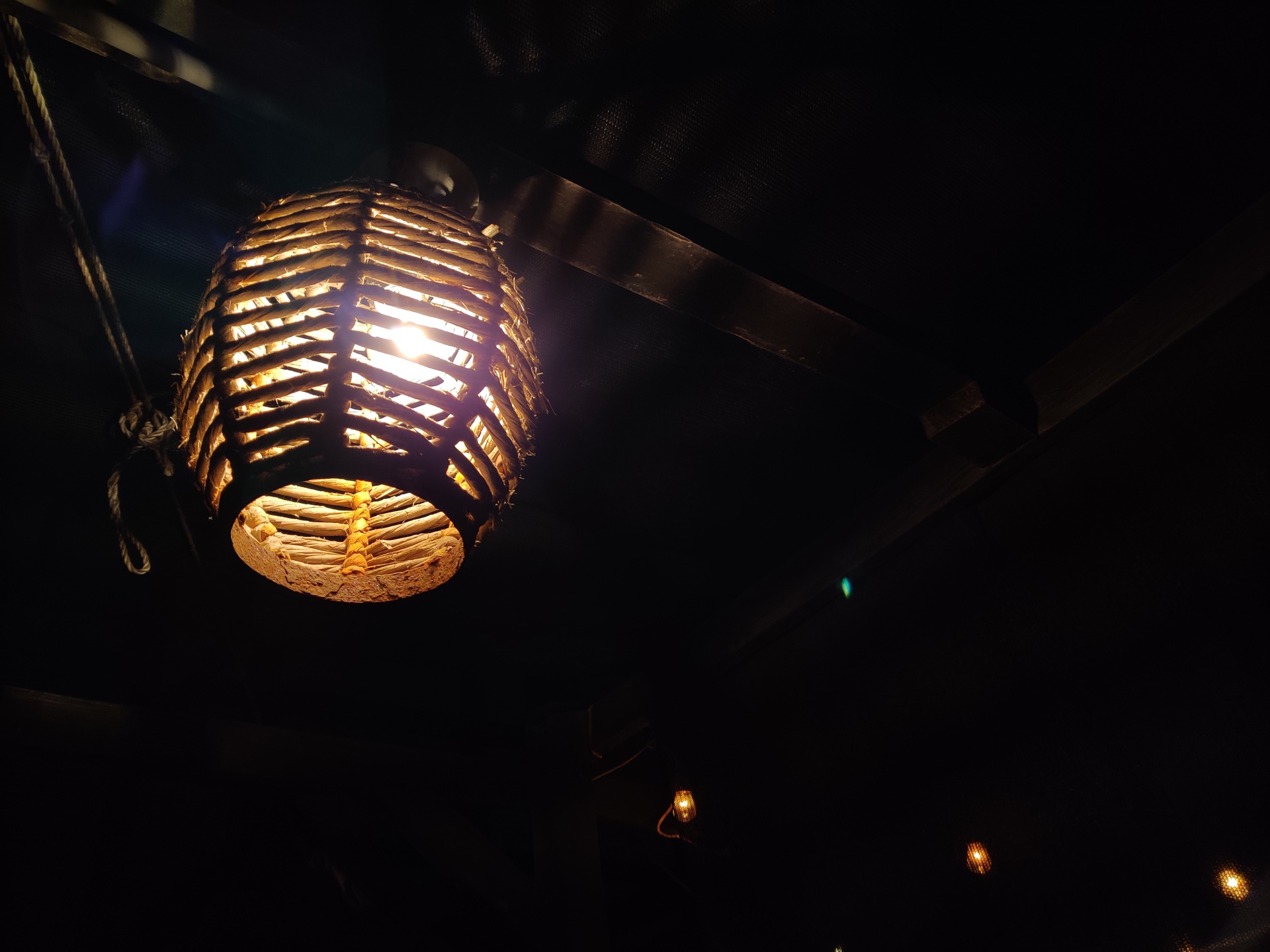
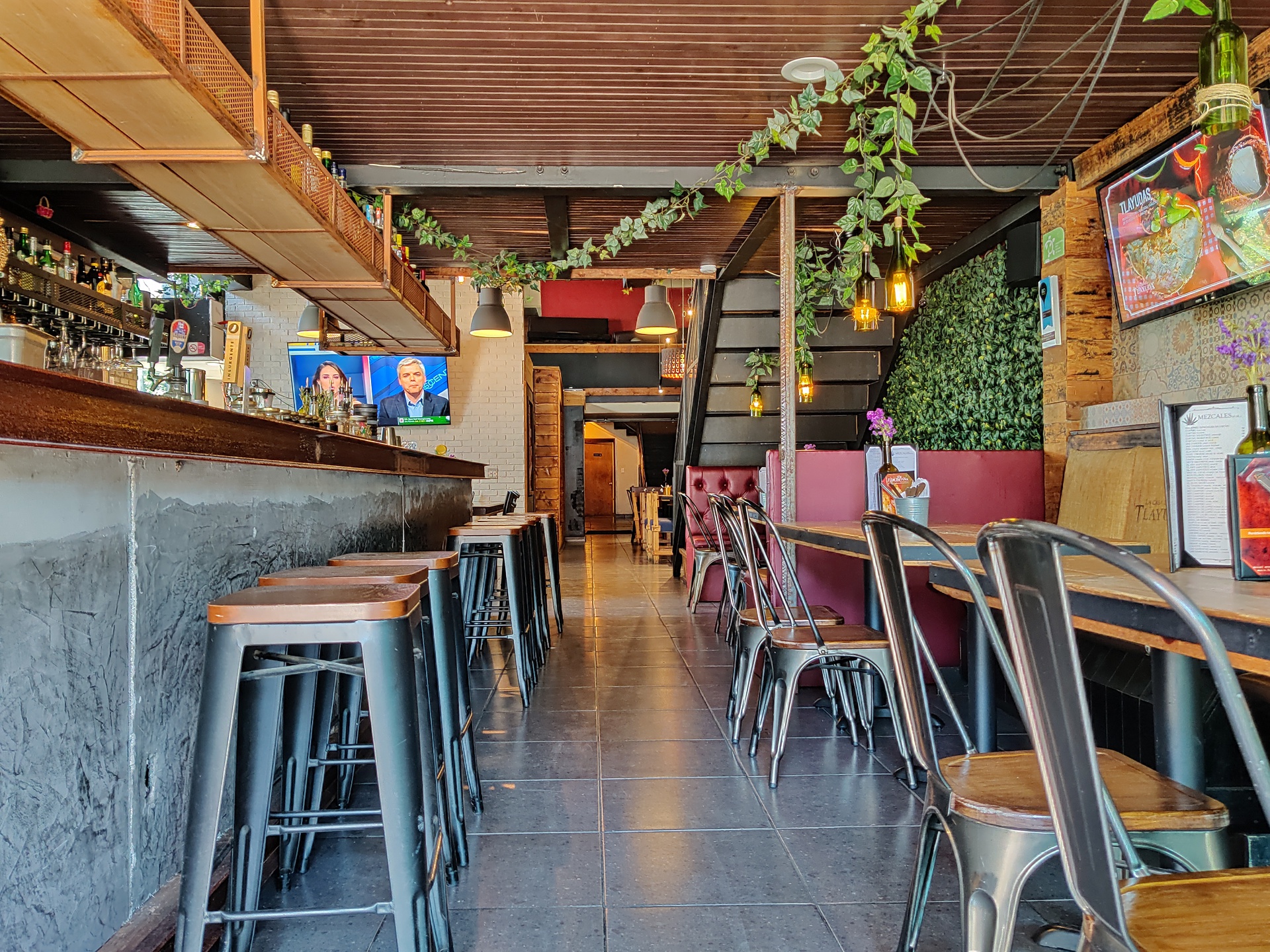 Auto Nightscape
Auto Nightscape 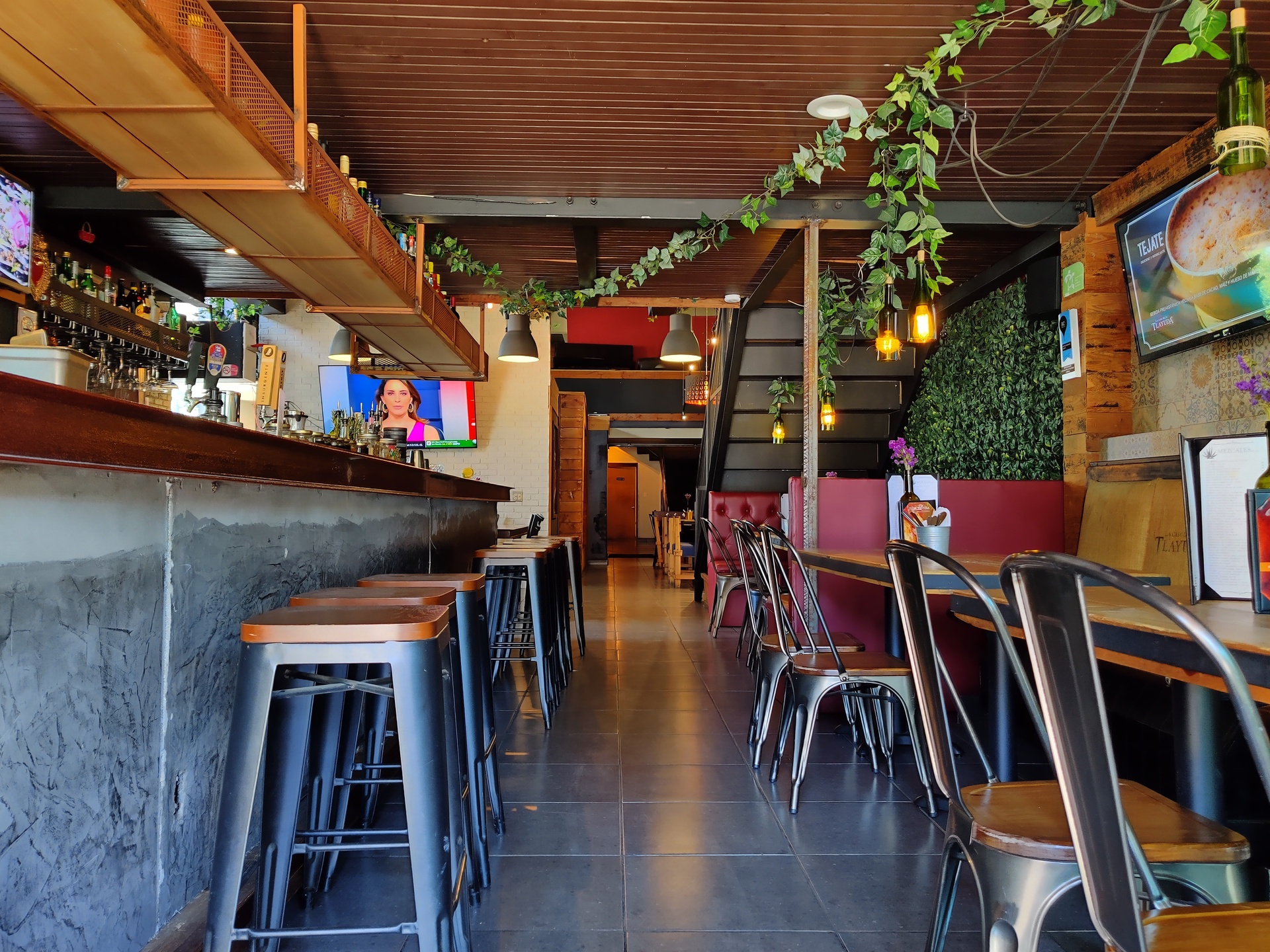
The OnePlus 7 Pro really suffers in low light when shooting in auto. Noise is not very apparent, but softening is. Furthermore, dynamic range suffers and there are obvious signs of motion blur (see first image for a clear example).
Turn Nightscape on and things really take a turn for the better. Exposure, dynamic range, colors, and detail are greatly improved. I thought the fact that the camera merges images would show some blurring or ghosting, but the software did a good job keeping it all tack sharp.
The OnePlus 7 Pro would have gotten a very low score in low-light performance if it wasn't for Nightscape.
The OnePlus 7 Pro would have gotten a very low score in lowlight performance if it weren't for Nightscape. We can't say OnePlus is the best at this, but in this section it at least competes with the best Night Mode contenders. Sadly, you can't always shoot in Nightscape mode, so the score gets a slight hit.
Score: 7/10
Selfie
#gallery-8 { margin: auto; } #gallery-8 .gallery-item { float: left; margin-top: 10px; text-align: center; width: 50%; } #gallery-8 img { border: 2px solid #cfcfcf; } #gallery-8 .gallery-caption { margin-left: 0; } /* see gallery_shortcode() in wp-includes/media.php */So far I haven't found a selfie camera that really convinces me.
So far I haven't found a selfie camera that really convinces me. They are all average and the OnePlus 7 Pro's is no exception. Exposure is usually on point, but colors can be washed out (third image), and highlights can be blown out. We can also see over-softening in the skin, which is something I am not a fan of.
Score: 7/10
Video
I could have walked around the beach to test the video … but I didn't. Instead, I swung my leg over a rumbling motor and asked my wife to shoot some video in the beaten up streets of Tijuana. That really put the phone's video capabilities to the test.
Exposure and color are very nice. Autofocus is fast and smooth, which is expected given that the phone applies many of the best techniques in the industry, including phase-detect, laser, and continuous autofocus.
While some shaking is noticeable, the camera did amazingly well considering its situation. I was on a moving motorcycle going over potholes and rough pavement. It will do even better with a walking camera man.
I was glad to have 4K resolution at 60fps. We are often stuck with 30fps at higher definitions. This certainly helped keep video smooth when shooting from a speeding vehicle.
Score: 8.5/10
Conclusion
OnePlus 8 Pro camera review overall score: 7.74/10
OnePlus promises value, not winning performance. The OnePlus 7 Pro has high-end specs that make it work like a premium device. It also has a design and build that compete among the best. The company had to cut corners somewhere.
This is an average camera, at best, but that may be enough to satisfy the average shooter. While we can't praise this camera system, we also can't say it does horribly.
This is an average camera, at best, but that may be enough to satisfy the average shooter.
Exposure is on point, colors are well balanced, portrait mode works great, and video quality is solid. You will be happy to use this device if your expectations aren't to have an award-winning camera phone — especially considering you really have to pay up to get one of those.
from Android Authority http://bit.ly/2YbIU5d
via IFTTT



































No comments:
Post a Comment